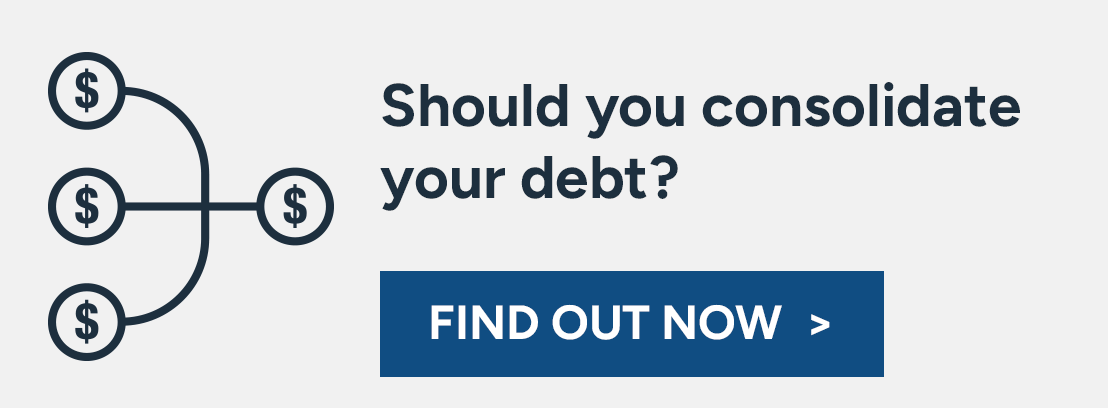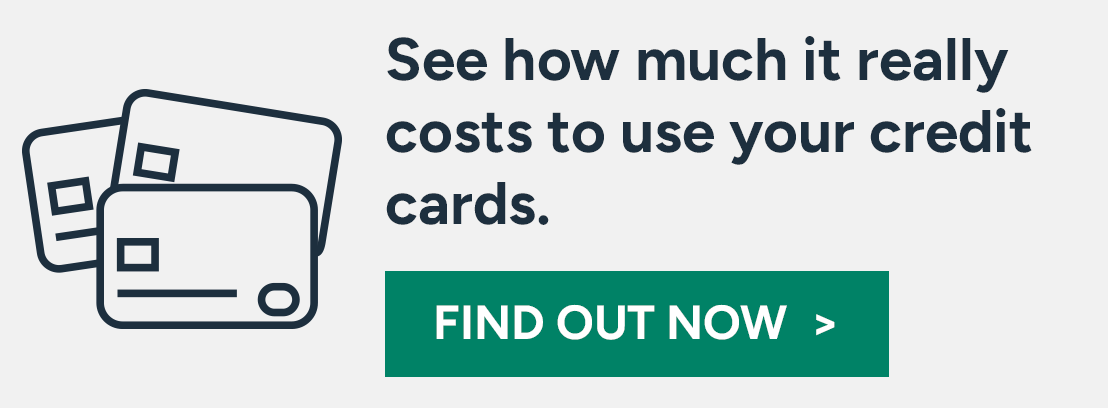 While debt settlement programs may appear enticing for individuals drowning in financial difficulties, it is crucial to consider their potential negative implications.
While debt settlement programs may appear enticing for individuals drowning in financial difficulties, it is crucial to consider their potential negative implications.
Debt settlement programs promise to help you get out of debt by paying your creditors a fraction of your debt total. While settlement services are sometimes effective, there are many risks involved in trying to settle your debt by paying less than what you owe.
For starters, debt settlement programs don’t always work – your creditors aren’t required to settle your debt. They may decide instead to take you to court, which can rack up legal bills. They may add penalties and interest to your total and send a collections agency to get the money from you.
Even when debt settlement programs are effective, they are costly. You may pay the settlement company as much as 25% of the money you saved, and you’ll likely have to pay taxes on the amount of debt forgiven.
Does debt settlement affect your credit? Absolutely. Anytime you take on debt and fail to pay, your credit rating will be damaged. How bad does debt settlement hurt credit scores? With debt settlement programs, it may take as many as seven years to repair your credit, enough to take out credit cards, get a car loan, rent an apartment, or get a mortgage.
Debt Settlement Vs Debt Management
| Debt Settlement Programs | Debt Management Programs | |
| Definition | Services offered by third-party companies to negotiate with creditors or debt collectors to reduce your total debt | Services usually offered by credit counseling agencies to create a plan for repaying debts in full, often with reduced interest rates and fees. |
| Function | Works by negotiating a payoff amount that’s less than what you owe. | Works by consolidating your debt payments into one manageable monthly payment. |
| Impacts on Credit Score | Can have a negative impact on your credit score as it often involves stopping payments to creditors, resulting in delinquencies being reported to credit bureaus. | Usually neutral or positive on your credit score, provided you make the agreed-upon payments consistently and on time. |
| Completion Time | Usually takes 2-4 years, but it depends on how quickly you can save enough to begin negotiations. | Typically takes 3-5 years, depending on the total amount of debt and the agreed repayment plan. |
| Costs | Often charge a percentage of the debt that was enrolled in the program. | Usually involve a setup fee and a monthly service fee. Some agencies offer services on a sliding scale based on income. |
| Credit Involvement | Creditors may not agree to negotiate, and they can continue with collection efforts, including lawsuits. | Creditors agree to the repayment plan and usually offer concessions like lower interest rates or waived fees. |
| Stability | Suitable for those with a high amount of unsecured debt who are struggling to make minimum payments. | Suitable for those who can afford to repay their debt but need help organizing it and negotiating better terms. |
Debt Settlement vs Debt Management Programs Comparison
Important
Remember, the right option for you will depend on your specific financial situation, the type of debt you have, your income, and other factors. It’s always advisable to seek advice from a trusted financial advisor or credit counseling agency before choosing a path..
Ask the ACCC Professionals
If you’re thinking about debt settlement programs but you’re concerned about debt settlement credit impact, the professional credit counselors at American Consumer Credit Counseling (ACCC) can help. We’re a nonprofit organization that provides free credit counseling and low-cost financial services to consumers who are trying to find the best and fastest way out of debt. Our certified and highly trained counselors can help you understand your financial picture, as well as all the options other than debt settlement programs, for paying down your debt. They can answer questions like “How bad is debt settlement for your credit?” and help you explore the advantages and disadvantages of debt consolidation vs debt settlement and other strategies. And they can point you toward free educational materials that can help develop the financial habits that will serve you well as you move toward a debt-free future.
Alternative to Debt Settlement : Debt Management
Many consumers who come to ACCC for free credit counseling end up choosing a debt management plan over debt settlement programs. With debt management, we’ll create a budget you can live with while you work to retire your debt, and you can preserve your credit rating by continuing to pay your creditors each month with help and support from ACCC. Our team will work with your creditors to try to reduce monthly payments, interest rates, and fees, helping you to pay down debt faster. And we’ll help you work on making the kinds of financial choices that will enable you to stay out of debt once you’ve paid off your creditors.
 While debt settlement programs may appear enticing for individuals drowning in financial difficulties, it is crucial to consider their potential negative implications.
While debt settlement programs may appear enticing for individuals drowning in financial difficulties, it is crucial to consider their potential negative implications.


